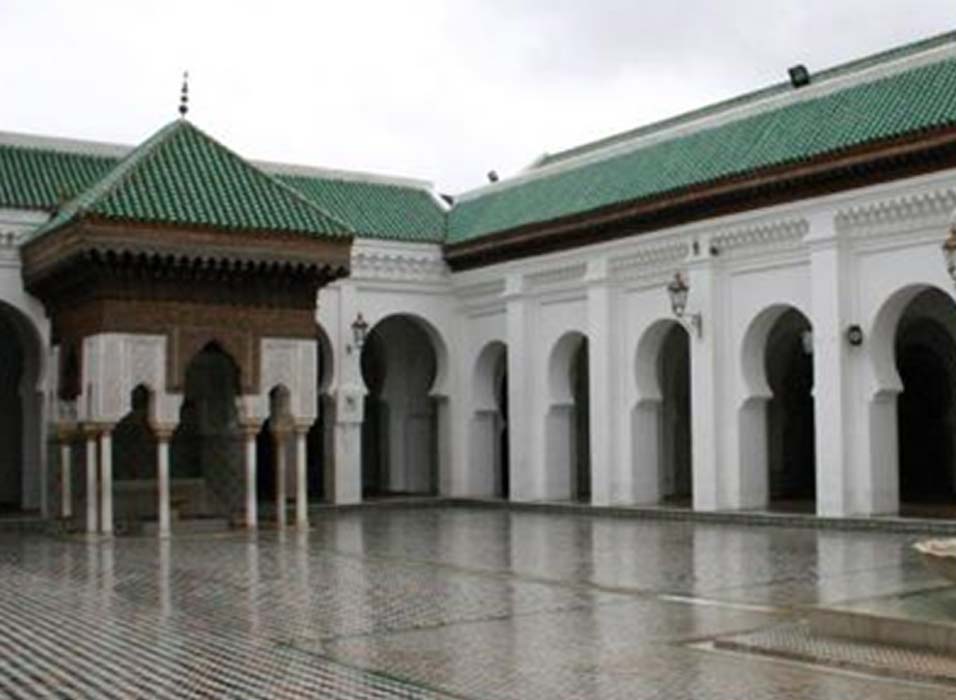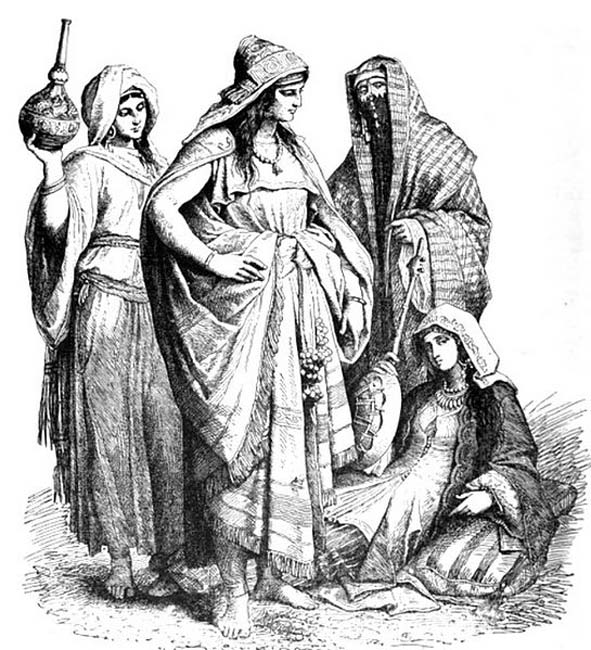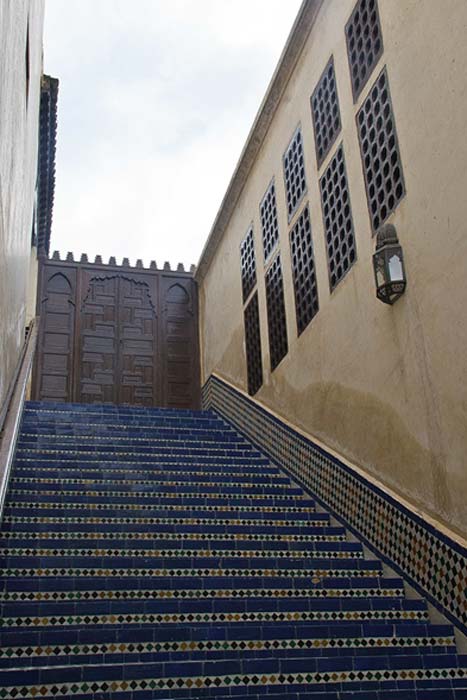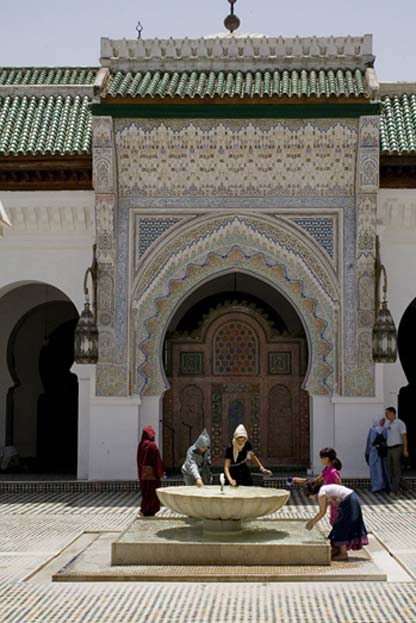
Who were the Colorful, Powerful, Influential, Educated Women of Ancient Islam?
The evolution of ‘higher education’ in the ancient world led to variations of standards in different cultures. In ancient Egypt, higher education originated from copying religious texts for use in temples which led to the development of theology and medical practices, as medicine was closely associated with religion at the time. Later, the ancient Greeks developed a somewhat more inclusive system of education aimed mostly at freemen for the sake of knowledge itself in the areas of mathematics, music and astronomy. In the fourth century BC, the philosopher Plato put forth the idea that education should not only be public and obligatory, but also that women should be allowed full access to it.

"Woman Triumphant"; the story of her struggles for freedom, education, and political rights. Dedicated to all noble-minded women by an appreciative member of the other sex by Rudolf Cronau (1919.) (Public Domain)
In the early history of Islam, from the Prophet Muhammad's first revelations in 610 AD until the disintegration of the Rashidun Caliphate in 661 AD, women were allowed full access to higher education in which they were very active. For example, Aisha bint Abi Bakr (613 – 678 AD), one of the wives of the Prophet Muhammad, was among the prominent Islamic jurists of her time. She was involved in a number of political events after the death of the third caliph, Uthman ibn Affan (579 – 656 AD), and was also the initial source of many hadiths (record of the traditions or sayings of the Prophet Muhammad, revered and received as a major source of religious law and moral guidance). Although certain restrictions were later applied to them by the feudal dynasties succeeding the Great Caliphs, many daughters and wives of rich men were still allowed to receive educations, teach others and sponsor educational institutions. One such woman was Fatima Al-Fihri, the founder of the University of Al-Qarawiyyin (in modern Fes, Morocco) - a university founded in 859 CE and recognized today by UNESCO as the oldest existing and continuously operating university, as well as the first institution to issue educational degrees.
Modern women at the fountain of the University of Al-Qarawiyyin (CC BY-SA 3.0)
Education for Everyone in the Heart of Fes
The University of Al-Qarawiyyin, first founded as an extension of a mosque, was an important center of education and one of the most respected universities in the world. It is also host to the oldest library in the world where, on an old slate, the name Fatima Al-Fihri is inscribed in fine but jaded Arabic prints. The courses offered by the university were free and wide ranging - they included music, geology, astrology, grammar, chemistry, medicine and mathematics - directed for Muslim, Christian and Jewish students.
The university attracted a number of sultans and wealthy merchants who wished to grant their children first-class educations. These sultans and merchants became patrons of the university and lavished subsidies, gifts and treasures on the institution - particularly books and manuscripts which were in short supply in the 9th century.

Entrance to the Library of Al-Qarawiyyin (CC BY-SA 2.0)
The collection in the library includes a treatise on the Maliki School of Islamic jurisprudence written by the grandfather of the Arab philosopher Ibn Rochd and a ninth century version of the Qur’an, written in ornate Kufic (the oldest form of Arabic calligraphy) on camel skin. The library also has an original copy of Muqaddimah, the most important Islamic history of the pre-modern world written by the 14th century Arab scholar Ibn Khaldun and a 12th century treatise in astronomy by philosopher Al-Farabi, which shows the course of the planet Jupiter. Not confining their collection to Islamic writings, the library also hosts a rare 12th century copy of the Gospel of Mark in Arabic.






